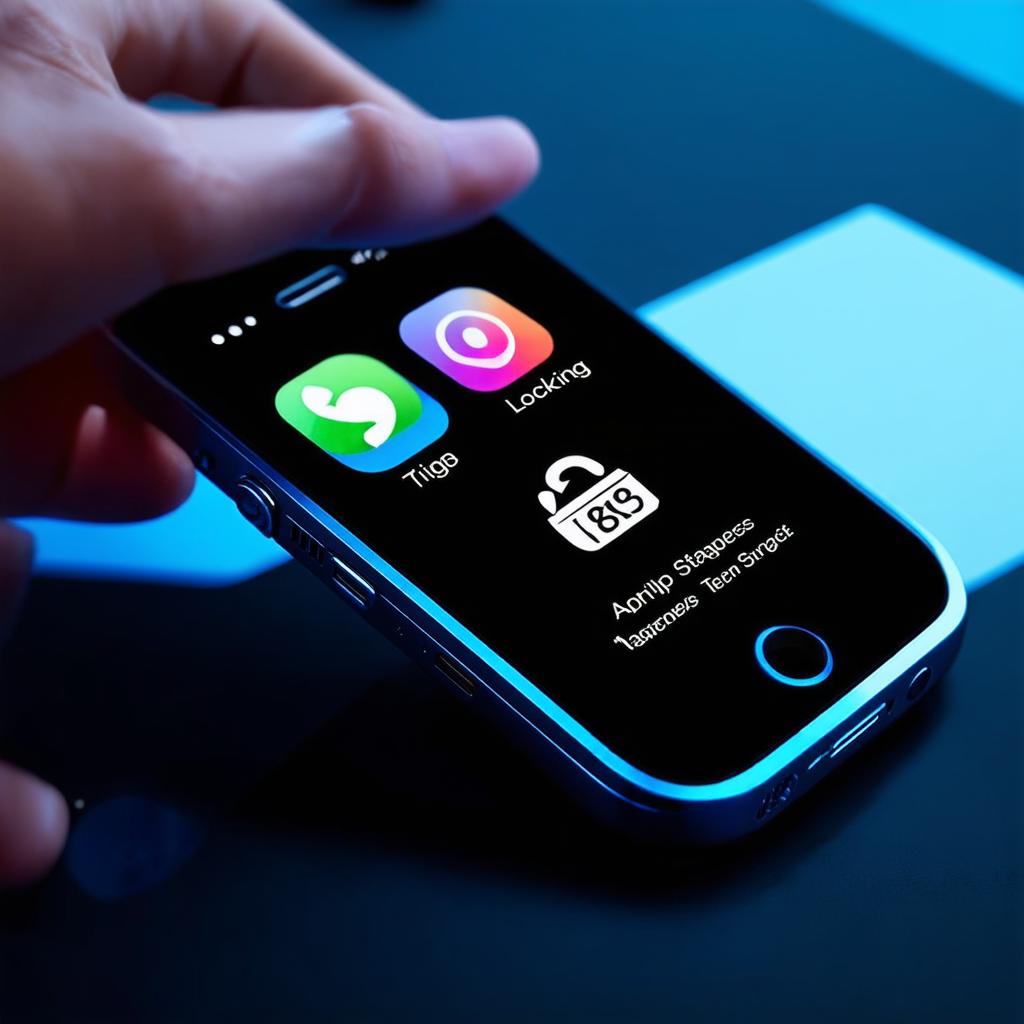Understanding App Locking
App locking is a feature that enables users to limit access to specific apps or features on their iOS device. This is particularly useful for protecting sensitive data such as financial information, personal messages, and other confidential data stored on mobile devices. There are several app locking methods available on iOS 18, including password protection, fingerprint authentication, and face recognition.
Password Protection
One of the easiest ways to secure an app is by using a strong password to protect it. When setting up password protection for an app, users need to choose a unique and complex password that includes a combination of letters, numbers, and symbols. It is essential to use different passwords for each app that requires locking, as using the same password for multiple apps can make it easier for hackers to guess your password and gain access to your data.
Fingerprint Authentication
Another popular method of app locking on iOS 18 is fingerprint authentication. This feature allows users to unlock their app by placing their finger on the home button, which authenticates their identity using their device’s built-in fingerprint sensor. To enable fingerprint authentication for an app, users need to go to the app settings and enable fingerprint authentication.
Face Recognition
Face recognition is another popular method of app locking on iOS 18 devices. This feature uses facial recognition technology to authenticate a user’s identity by scanning their face with their device’s camera. To set up face recognition for an app, users need to go to the app settings and enable face recognition authentication.
Best Practices for App Locking
In addition to using strong passwords and biometric authentication methods, there are several best practices that users should follow when locking an app on iOS 18 devices:
- Enable two-factor authentication (2FA) wherever possible. Two-factor authentication adds an additional layer of security by requiring a second form of identification, such as a code sent to your phone or email, in addition to your password or biometric authentication. This helps prevent unauthorized access even if someone knows your password or has access to your device.
- Keep your device up to date with the latest security patches and updates. Regularly updating your device can help protect against known vulnerabilities and prevent hackers from exploiting them. It is essential to keep both the iOS operating system and individual apps updated to ensure that you have the latest security features and bug fixes.
- Avoid using public Wi-Fi networks for sensitive transactions or data transfer. Public Wi-Fi networks can be easily hacked, leaving your data vulnerable to theft or interception. When accessing sensitive information such as financial data or personal messages, it is best to use a secure and private network, such as a virtual private network (VPN) or your home or office Wi-Fi network.
- Use a VPN when accessing the internet on your device. A VPN encrypts your internet connection and protects your data from prying eyes. It helps prevent hackers from intercepting your data or tracking your online activity, making it an excellent tool for securing your app usage.
- Regularly backup your data to an external hard drive or cloud storage service. This will ensure that you can recover your data in case of a security breach or device failure. It is essential to regularly back up all sensitive information stored on your device, including passwords and authentication keys.
Summary

App locking is an important security measure for protecting sensitive information stored on iOS 18 devices. By using strong passwords, biometric authentication methods, and following best practices for app locking, users can help ensure that their apps and data are secure from unauthorized access. Remember to keep your device up to date with the latest security patches and updates, avoid using public Wi-Fi networks, use a VPN when accessing the internet on your device, and regularly backup your data to protect against data loss or theft.
